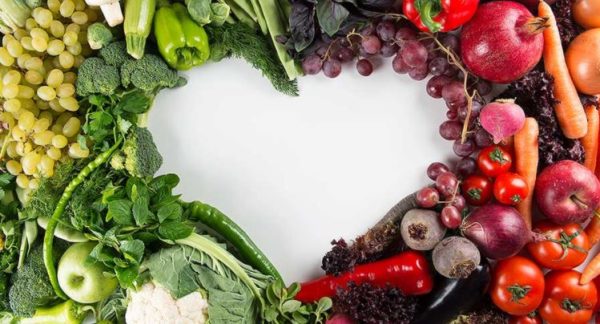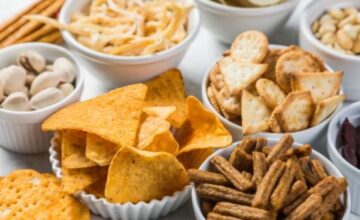
Hypertension, or high blood pressure, is the most common preventable risk factor for heart disease.
However, dietary modifications can help lower blood pressure levels to optimal ranges and reduce your risk of heart disease.
Following a nutritious, heart-healthy diet is suggested for all people with high blood pressure, including those on blood-pressure-lowering medications.
A healthy diet is essential for lowering blood pressure and maintaining optimal levels, research has shown that including certain foods in your diet, especially those high in specific nutrients like potassium and magnesium, reduces your blood pressure levels.
Below are the 7 best foods for high blood pressure:
1. Citrus fruits
Citrus fruits, including grapefruit, oranges, and lemons, may have powerful blood-pressure-lowering effects. They’re loaded with vitamins, minerals, and plant compounds that may help keep your heart healthy by reducing heart disease risk factors like high blood pressure.
Studies have also shown drinking orange and grapefruit juice may help reduce blood pressure. Yet, grapefruit and grapefruit juice can interfere with common blood-pressure-lowering medications, so consult your healthcare provider before adding this fruit to your diet.
2. Salmon and other fatty fish
Fatty fish are an excellent source of omega-3 fats, which have significant heart health benefits. These fats may help reduce blood pressure levels by reducing inflammation and decreasing levels of blood-vessel-constricting compounds called oxylipins.
Research has linked higher intakes of omega-3-rich fatty fish to lower blood pressure levels.
A study in 2,036 healthy people found that those with the highest blood levels of omega-3 fats had significantly lower SBP and DBP than those with the lowest blood levels of these fats.
3. Swiss chard
Swiss chard is a leafy green that’s packed with blood-pressure-regulating nutrients, including potassium and magnesium. One cup (145 grams) of cooked chard delivers 17% and 30% of your daily potassium and magnesium needs, respectively.
Magnesium is also essential for blood pressure regulation. It helps reduce blood pressure through several mechanisms, including by acting as a natural calcium channel blocker, which blocks the movement of calcium into heart and arterial cells, allowing blood vessels to relax.
4. Pumpkin seeds
Pumpkin seeds maybe small, but they pack a punch when it comes to nutrition.
They’re a concentrated source of nutrients important for blood pressure control, including magnesium, potassium, and arginine, an amino acid needed for the production of nitric oxide, which is essential for blood vessel relaxation and blood pressure reduction.
Pumpkin seed oil has also been shown to be a powerful natural remedy for high blood pressure. A study in 23 women found that supplementing with 3 grams of pumpkin seed oil per day for 6 weeks led to significant reductions in SBP, compared with a placebo group.
5. Beans and lentils
Beans and lentils are rich in nutrients that help regulate blood pressure, such as fiber, magnesium, and potassium. Numerous studies have shown that eating beans and lentils may help lower high blood pressure levels.
A review of 8 studies that included 554 people indicated that, when exchanged for other foods, beans and lentils significantly lowered SBP and average blood pressure levels in people with and without hypertension.
6. Berries
Berries are a rich source of antioxidants, including anthocyanins, which are pigments that give berries their vibrant color.
Anthocyanins have been shown to increase nitric oxide levels in the blood and reduce the production of blood-vessel-restricting molecules, which may help reduce blood pressure levels.
Blueberries, raspberries, chokeberries, cloudberries, and strawberries are just some of the berries that have been associated with blood-pressure-lowering effects.
7. Amaranth
Eating whole grains like amaranth may help lower your blood pressure levels. Studies show that diets rich in whole grains may decrease your risk of high blood pressure.
A review of 28 studies found that a 30-gram per day increase in whole grains was associated with an 8% reduced risk of high blood pressure.




